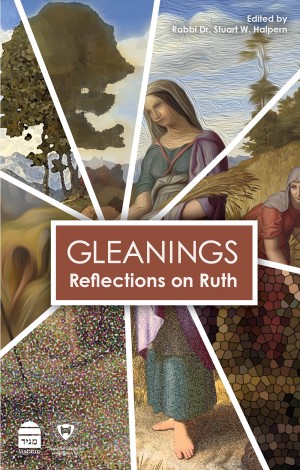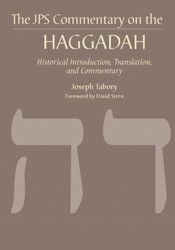The Book of Esther is a mythical story for a Diaspora people. It may also be historical fiction in the vein of the writings of the day (approximately 400 – 200 CE), though it has found its way into the canon as the origin story for Purim in the plain sense of the text. Each close reading adds greater depth in the story and more questions to ask.
As a mythical story, the Book of Esther boils down to outlandish characters that live large and improbable story lines. But as the reality of our lives find meaning in the myth, what lessons can be drawn from the story? Yoram Hazony, President of the Herzl Institute in Jerusalem, provides another view through the interpretive prism: Esther as a study in political power, observed in how the story’s main characters — Ahashverosh, Mordechai, Esther, and Haman — manipulate, maneuver, plot, and plan political moves to either influence or protect power.
Those he trusts easily manipulate Ahashverosh, but he is an unstable and unpredictable leader, more interested in the trappings of state rather than the art of governance. This vacuum sets the stage for the battle for power as a human struggle between Mordechai and Haman, entirely different from epic struggle between God and man as we witnessed in the story of Moses. Mordechai engages in civil disobedience, even in the face of overwhelming odds. He pushes the confrontation rather than submit to the rule of the evil tyrant Haman.
But the absence of God in the Esther story is a perplexing one, and Hazony makes a convincing argument that while God may exist and work in the world, man is often left to determine his own fate. Political rather than military action is what turns the wheel of the Book of Esther’s plot. God is not present to deliver, so how will a Jew survive?
The triumph of Mordechai’s calculated political maneuvering of Esther — and her, in turn, of Ahashverosh — becomes especially interesting at the Book of Esther’s denoument, a part of the story often overlooked and rarely discussed. Once Mordechai claims victory over his foe, he not only exacts his revenge on Haman but maneuvers a wholesale slaughter of the Jew’s enemies throughout the empire. How are we to understand this morally challenging move in political terms?
Yoram Hazony presents a new, interesting view of Esther in the tradition of the rabbis, posing interesting questions in a different light in revisiting this intriguing ancient story and its purpose in the canon.
Related Content:





